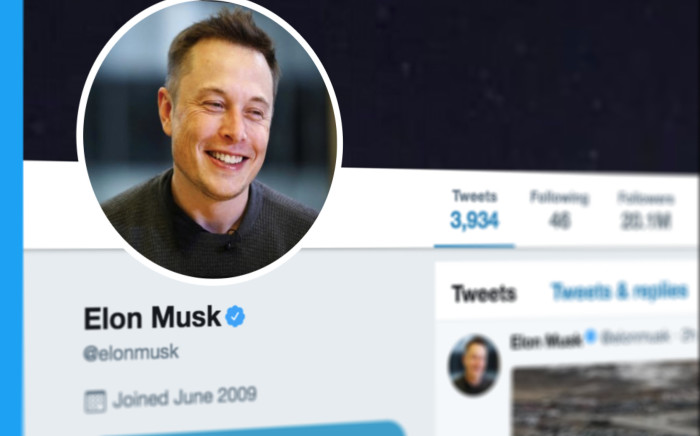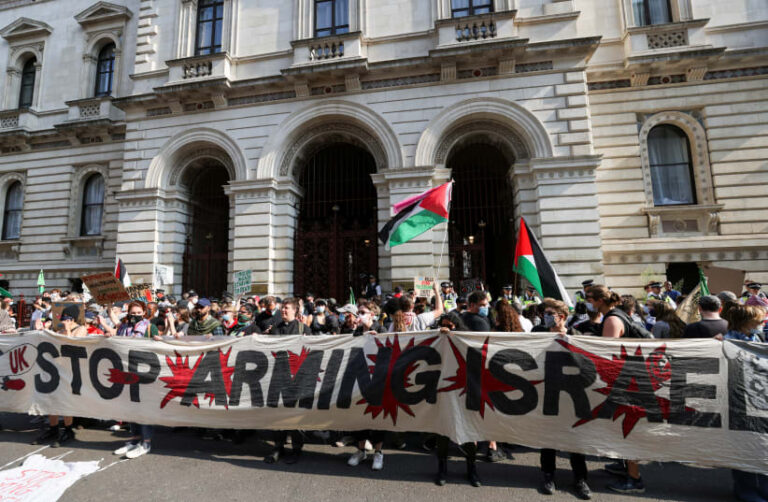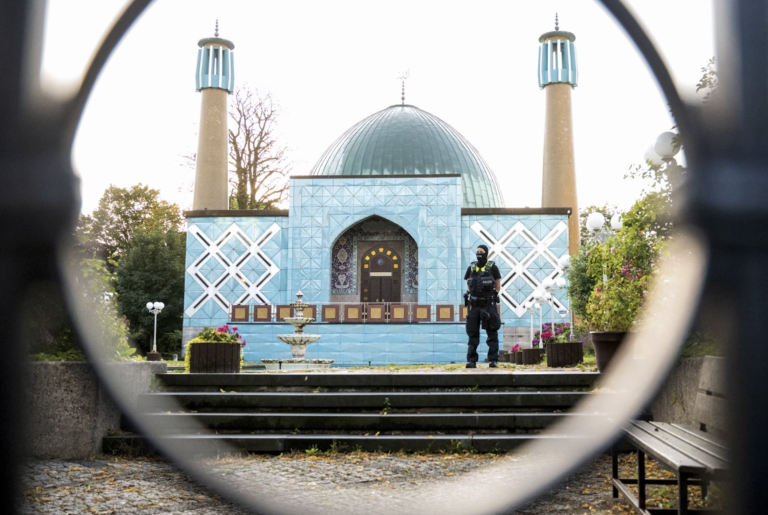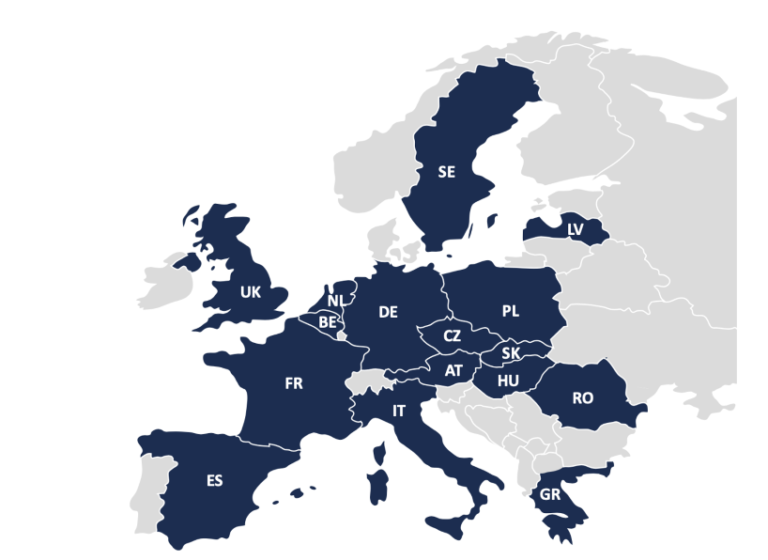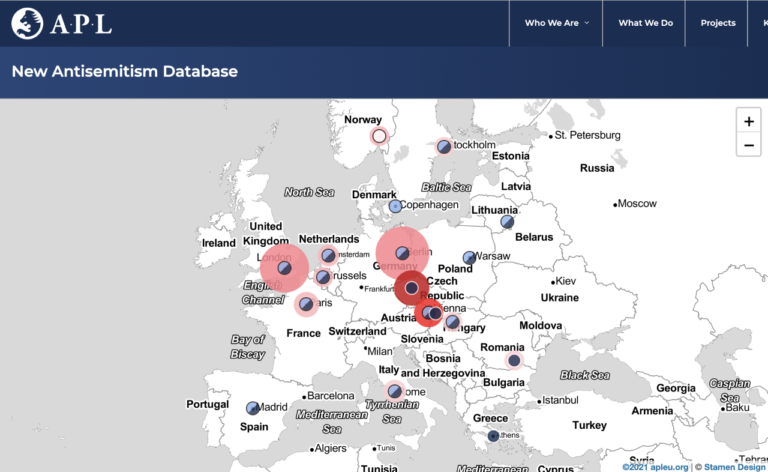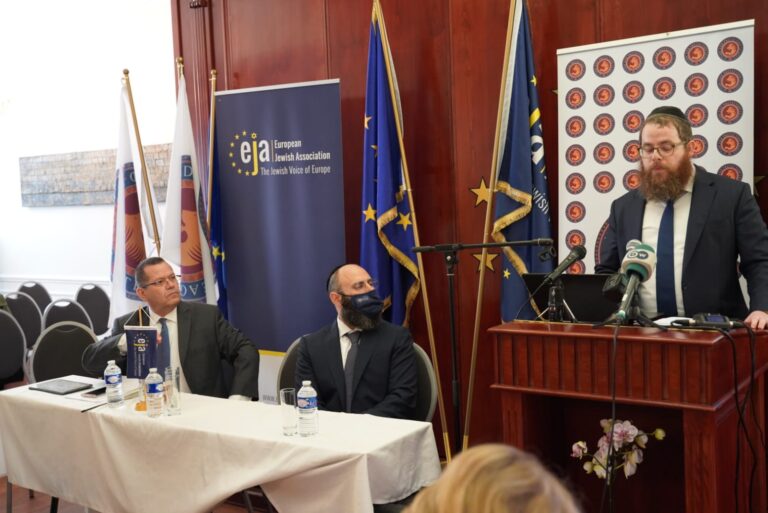At the end of April, Elon Musk bought Twitter for $44 billion, which will shift the control of the social media platform used by millions to the world’s richest person. The acquisition comes amid longstanding problems with antisemitism and hate speech on the platform, and Jewish users fear that Musk’s free-speech orientation might make things worse.
Elon Musk clinched a deal to buy Twitter for $44 billion last month, which will shift control of the social media platform used by millions to the world’s richest person. The acquisition comes amid longstanding problems with antisemitism and hate speech on the platform. Jewish users fear that the Musk’s free-speech orientation might make things worse, reports The Jerusalem Post.
The transaction might take months to complete, and there is no guarantee that the new owner will make sweeping changes. Despite many fears, some Jewish users and advocates are hoping that a change in leadership might be better for addressing antisemitism and hate speech happening on the platform, or at least not set back efforts to address them that are already underway.
Jonathan Greenblatt, the head of the Anti-Defamation League, which has publicly pressed Twitter to identify and flush out antisemitism on the platform, raised the alarm shortly after the news broke.
“Twitter has made some strides in tackling this hate in recent years, so while we want to be cautiously optimistic about how @ElonMusk will run the platform, he hasn’t demonstrated any focus on these issues to date. We worry he could take things in a very different direction.”
Over the past decade, Twitter has seemed to deal with as many or more antisemitism controversies in the public eye than any other social media platform, though this wasn’t always the case; when the topic of antisemitism first exploded on the platform in 2016 amid the presidential campaigns, while Twitter acknowledged the problem, it did not provide a solution. In January 2018, the ADL estimated that over 2017, more than 4 million antisemitic tweets were published in English alone, sent by over 3 million unique Twitter handles. The Jewish non-governmental organization eventually joined Twitter’s Trust and Safety Council and has developed an “Online Hate Index” tool to detect antisemitism on social media.
The company also faced widespread allegations that it doesn’t prioritize combatting antisemitism and banning antisemitic users. Even when the platform did react, it often wasn’t fast enough, sparking protests from Jews and non-Jews alike.
At the same time, the platform has been a fertile space for Jewish ideas and conversation, and several rabbis have found large audiences on Twitter.
As for Elon Musk, with a wealth of a net worth of over $240 billion, he sees Twitter as a stand-in for a vanished public square, where people with differing perspectives and ideologies can engage in open conversation. He has offered few details about his vision of how to tackle the company’s most vexing questions, including hateful tweets.
“If it’s a grey area, I would say let the tweet exist,” he said earlier this month. “But obviously, in a case where there’s perhaps a lot of controversy, you’re not necessarily going to promote that tweet. I’m not saying I have all the answers here.”
Jewish groups are already clamoring to convey to Musk what changes they want to see on the platform. The Council of European Rabbis issued a statement calling for Twitter to adopt the International Holocaust Remembrance Alliance’s definition of antisemitism in its content moderation. Some of the definition’s examples of antisemitism include certain criticisms of Israel, including ones that call the Jewish state a racist endeavor. Critics say it shuts down parts of free speech.
Nevertheless, most of the Jewish conversation aimed at Musk is focused on his promise of unrestricted free speech and the anxieties that the concept has unleashed concerning hate speech.
The former head of ADL, Abraham Foxman, tweeted a message for Musk: “Unfettered speech is almost as dangerous as yelling fire in a crowded theatre! Jewish tradition teaches us that life and death is in the power of the tongue,” he wrote. “We must find balance between civility and freedom of speech.”
